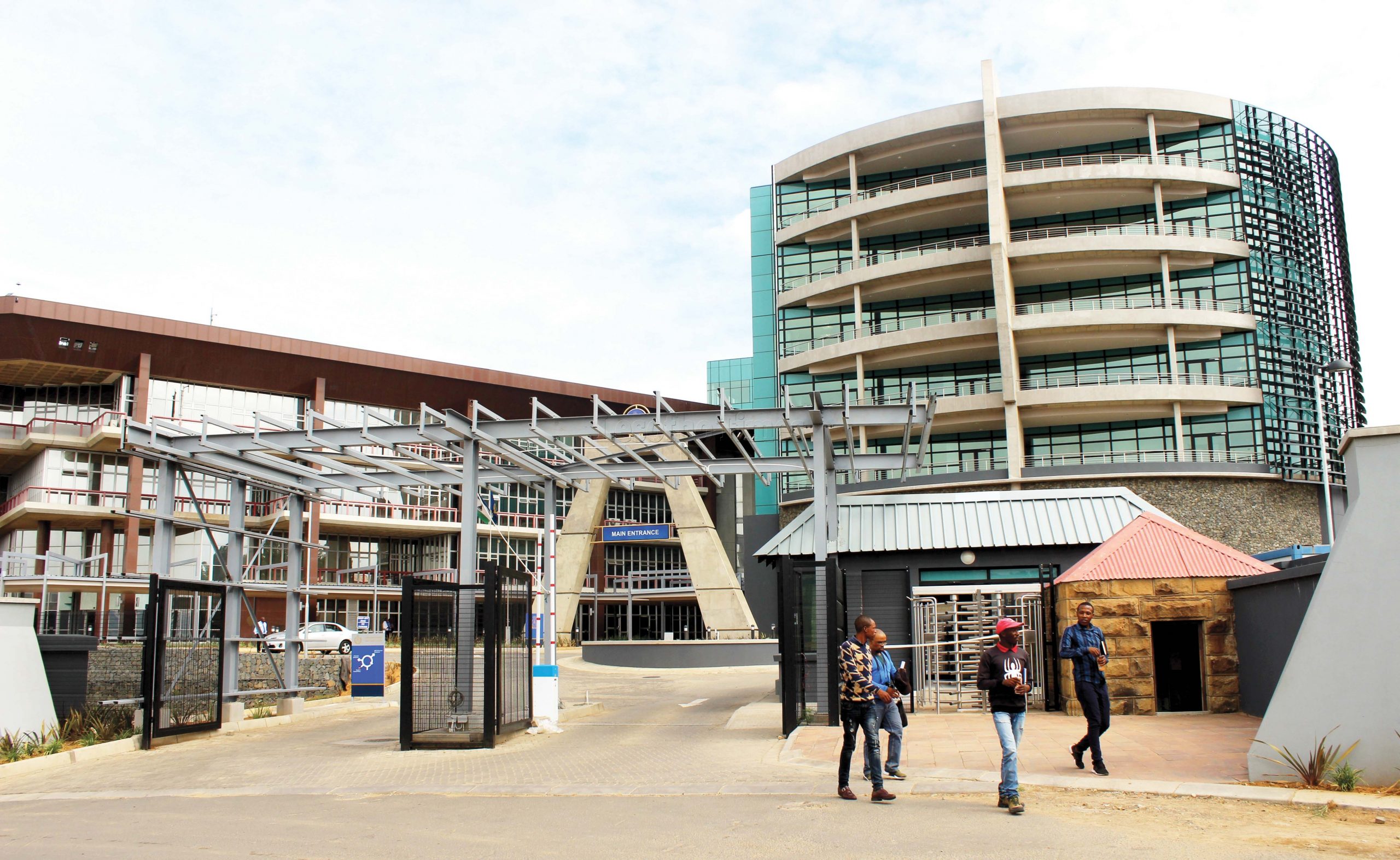Bereng Mpaki
THE Central Bank of Lesotho (CBL) has started producing monthly economic reviews to promote data usage in formulation of economic policies.
The apex bank recently held a workshop to sensitise stakeholders on the importance of usage of statistical data in economic decision making.
The bank wants to have a closer working relationship with the stakeholders to facilitate faster generation of economic data to aid appropriate policy action.
This is in response to the observation that some data providers do not adequately appreciate the importance of their data in compilation of the macroeconomic statistics, and the resultant commentary thereafter.
Director of CBL’s research department Lehlomela Mohapi said sound formulation of economic policy making depends on data.
He said relevant statistics and information to judge the direction of economic activity are only available with significant lag, thereby delaying appropriate policy actions.
“It is vital to have variables at high frequency to give a clear indication of the status of economic activity,” Mr Mohapi said.
“For example, an unexpected strengthening of output growth may suggest a need for the monetary authority to increase the supply of liquidity in the economy. These variables are used as proxies for measuring and understanding aggregate economic activity and facilitate appropriate and timely policy responses to fluctuations in business cycles.”
He said the Bureau of Statistics (BOS), currently produces quarterly and annual gross domestic product (GDP) estimates which are published after three and 11 months respectively.
“The Monetary Policy Committee of the Central Bank, on the other hand, holds its meetings bimonthly. These meetings are informed by recent economic developments across the four sectors, namely monetary and financial developments, government budgetary operations, international economic activity and the real economic activities, including employment development. Except for monetary data, the rest are at most available on a quarterly basis.
“Therefore, to address this problem and to comprehensively gauge activities Lesotho’s economy, the bank has started producing monthly economic review for sectors whose data can be estimated at a relatively minimum error. This is anchored on the monthly Composite Indicator of Economic Activity (CIEA) indicator that tracks activities in the real sector of the economy. The estimated CIEA index is neither a substitute for GDP nor it is meant to be a predictor of actual GDP.
“The purpose of this, is therefore, to entice these agencies and ministries to establish thematic groups that jointly facilitate sourcing and management of data at a higher frequency. The Central Bank of Lesotho, working closely with BoS and sector regulators will act as the convenor and anchor of the exercise…,” Mr Mohapi said.

